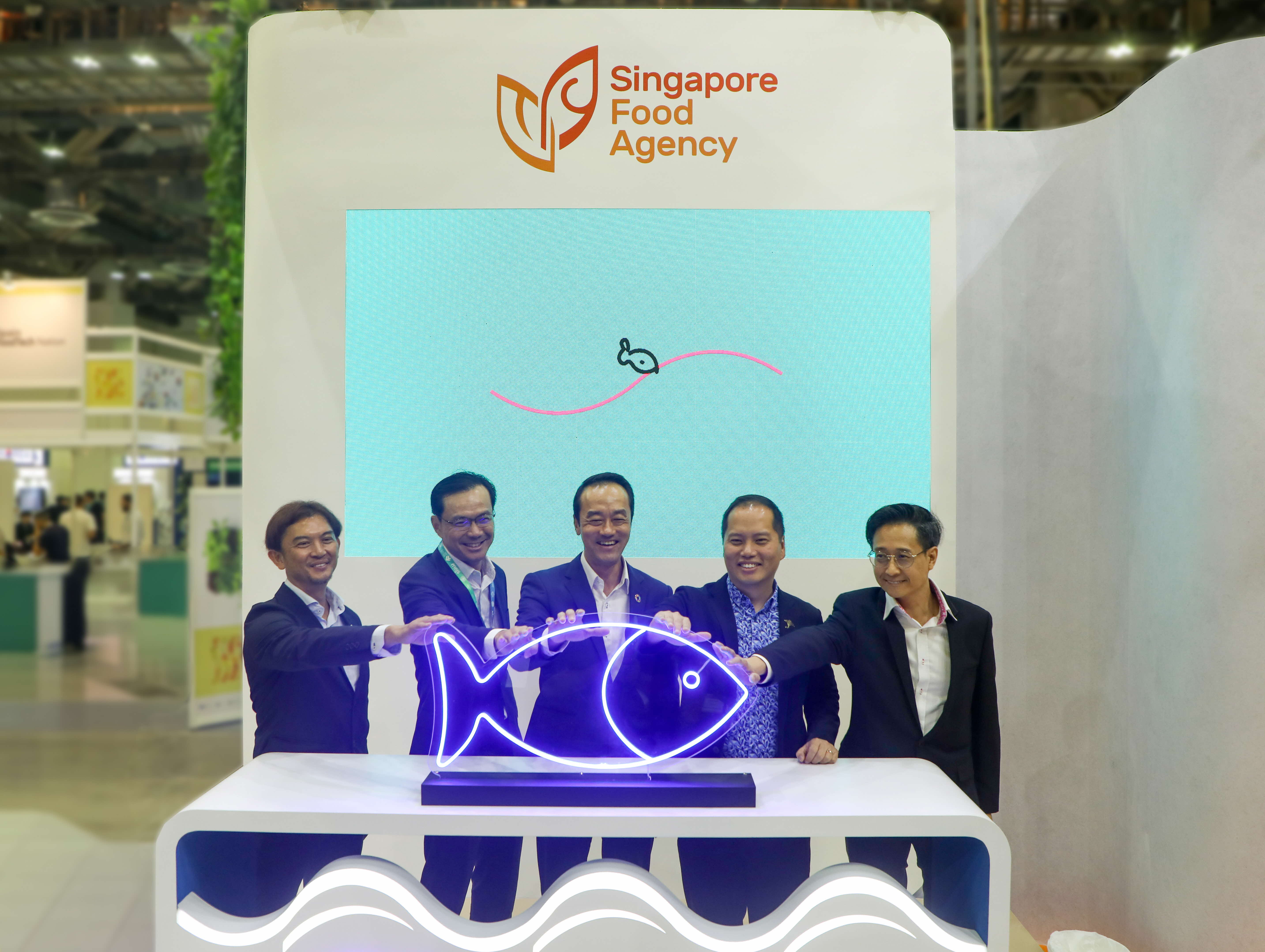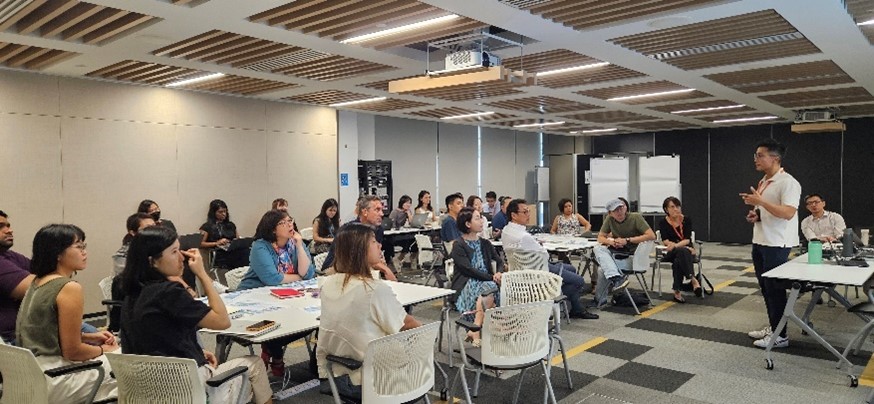The Singapore Aquaculture Plan
Singapore Aquaculture Plan
Singapore imports more than 90% of its food, which makes us vulnerable to food supply disruptions that may arise due to factors like climate change, geopolitics, and disease outbreaks. Local production enhances Singapore’s food security by mitigating the impact of overseas supply disruptions. Seafood, being a nutritious source of protein that can be produced locally, presents a viable solution for food security.
However, Singapore’s aquaculture industry faces several challenges including limited sea space, suboptimal water quality, demands to mitigate its impact on the environment, and a limited domestic market with strong import competition. To uplift the local aquaculture sector, the Singapore Aquaculture Plan (SAP) was launched in November 2024.

The SAP is a collaborative effort of SFA and key stakeholders to establish a comprehensive blueprint for the future of aquaculture in Singapore. It provides guidance to stakeholders including industry players, researchers, Government agencies, nature groups, and consumers. The SAP will be revised regularly to align with industry advancements and to facilitate ongoing coordination among stakeholders.

The SAP will help to transform the aquaculture industry into a more productive and sustainable sector, underpinned by several guiding principles. This includes the careful consideration of competing sea space uses and ecological sensitivities when selecting sites, based on outcome- and science-based sustainable production methods. The industry will also be supported by the development of essential infrastructure, progressive regulations, and science and technology. Throughout this process, there will be collaboration across the ecosystem to foster innovative solutions.
To read more about SAP, download the paper here.

